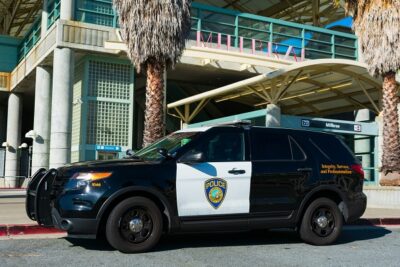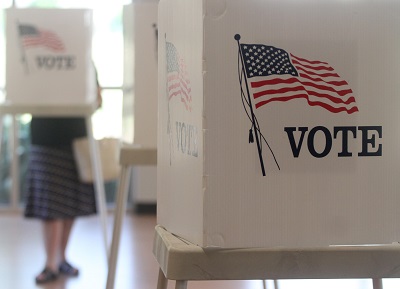Science, Innovation Consortium Helps Secure $185 Million for Energy Research
A consortium of the Bay Area’s leading science and technology institutions led by the Bay Area Council and our Economic Institute earned praise for its advocacy in securing $185 million to support energy research. The Bay Area Science and Innovation Consortium (BASIC) played a key role in urging the California Public Utilities Commission to renew for 10 years the Electric Program Electric Charge (EPIC), which is the state’s largest ongoing public research program and accounts for most of the state’s annual $250 million invested in energy research. Investments like this are behind California’s status as the leading state in the nation as well as worldwide in advancing clean energy and energy efficiency technologies. EPIC is funded through a very small charge on the bills of ratepayers of the state’s major investor-owned utilities.
Bay Area institutions that have received past EPIC funding include UC Berkeley, Lawrence Berkeley National Laboratory, UC Davis, Stanford, SLAC, and the Joint Bioenergy Institute (JBEI), often in partnership with Bay Area companies or cities. A few of the program’s many successes include:
- Development of a high-performance window coating that delivers a 40% reduction in energy costs compared to previous technologies and now enjoys a 70% market share;
- Development of a super insulation material that is 2X-4X more efficient than previous technologies, reducing costs by as much as 63%;
- Development of an aerosol sealant that addresses leakages from buildings; now adopted in 125,000 homes, it reduces energy leakage in residential buildings by 37-64%;
- Development of “cool wall” technology that reduces HVAC costs by 3-15%, saving up to $500 million on California homeowners’ energy bills.
BASIC is the science and technology affiliate of the Bay Area Council and the Bay Area Council Economic Institute. A collaboration of major institutions the Bay Area’s scientific research community, it brings together leaders from the region’s university, federal and non-profit laboratory, and business communities to facilitate collaboration and address issues and opportunities impacting the region’s research base and its ability to support technology-led growth.





